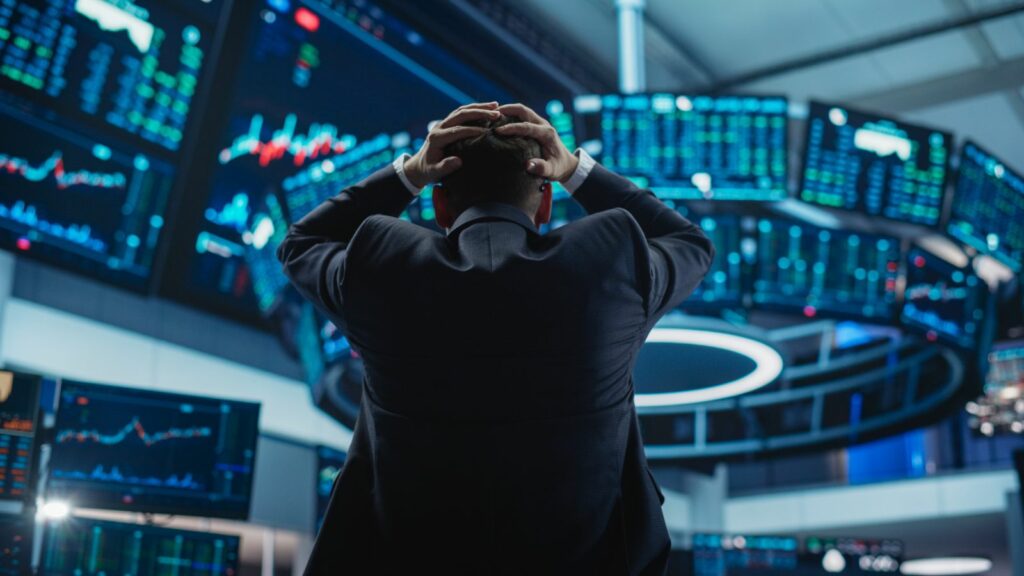The global economy is always evolving, but 2024 has seen many unexpected changes that are altering financial landscapes, job markets, and consumer spending. We take a look at 21 shocking economic shifts happening right now.
The Silent AI Job Takeover

Automation has been creeping into workplaces for years, but 2024 is witnessing an unprecedented AI revolution. Millions of workers will be impacted when AI-driven technologies replace many mid-level management positions, with businesses saving money as a result of this change, while people are facing widespread job insecurity.
Decline of Traditional Office Spaces

Remote and hybrid work models have dramatically reduced demand for office space. Corporate downsizing of real estate holdings is leading to record-high vacancy rates in previously bustling business districts, causing significant repercussions for commercial real estate, local businesses, and urban economies worldwide.
The Housing Market’s Unpredictable Swings

After years of rapid appreciation, home prices in many regions are starting to stabilize or decline due to rising interest rates and economic uncertainty. The need for cheap housing has also surged, causing the high-end and entry-level real estate markets to diverge in ways never seen before.
A Surge in Digital Currency Adoption

Governments and corporations are increasingly embracing digital currencies, with central bank digital currencies (CBDCs) gaining traction. This shift is reducing reliance on traditional banking systems while raising concerns about financial privacy and centralized control over transactions.
Quiet Reshoring of Manufacturing Jobs

Supply chain disruptions from the past few years have prompted many businesses to bring production back home. The trend of reshoring, particularly in industries like semiconductors and pharmaceuticals, is creating new domestic job opportunities while challenging globalization’s dominance.
The Collapse of Traditional Retail

Retail chains that survived the e-commerce boom are now facing new pressures from changing consumer spending habits. While mid-tier shops find it difficult to remain relevant, warehouse clubs and discount stores are flourishing. The retail industry is also changing as a result of the move toward direct-to-consumer brands and subscription-based business models.
The Rise of the “Shadow Economy”
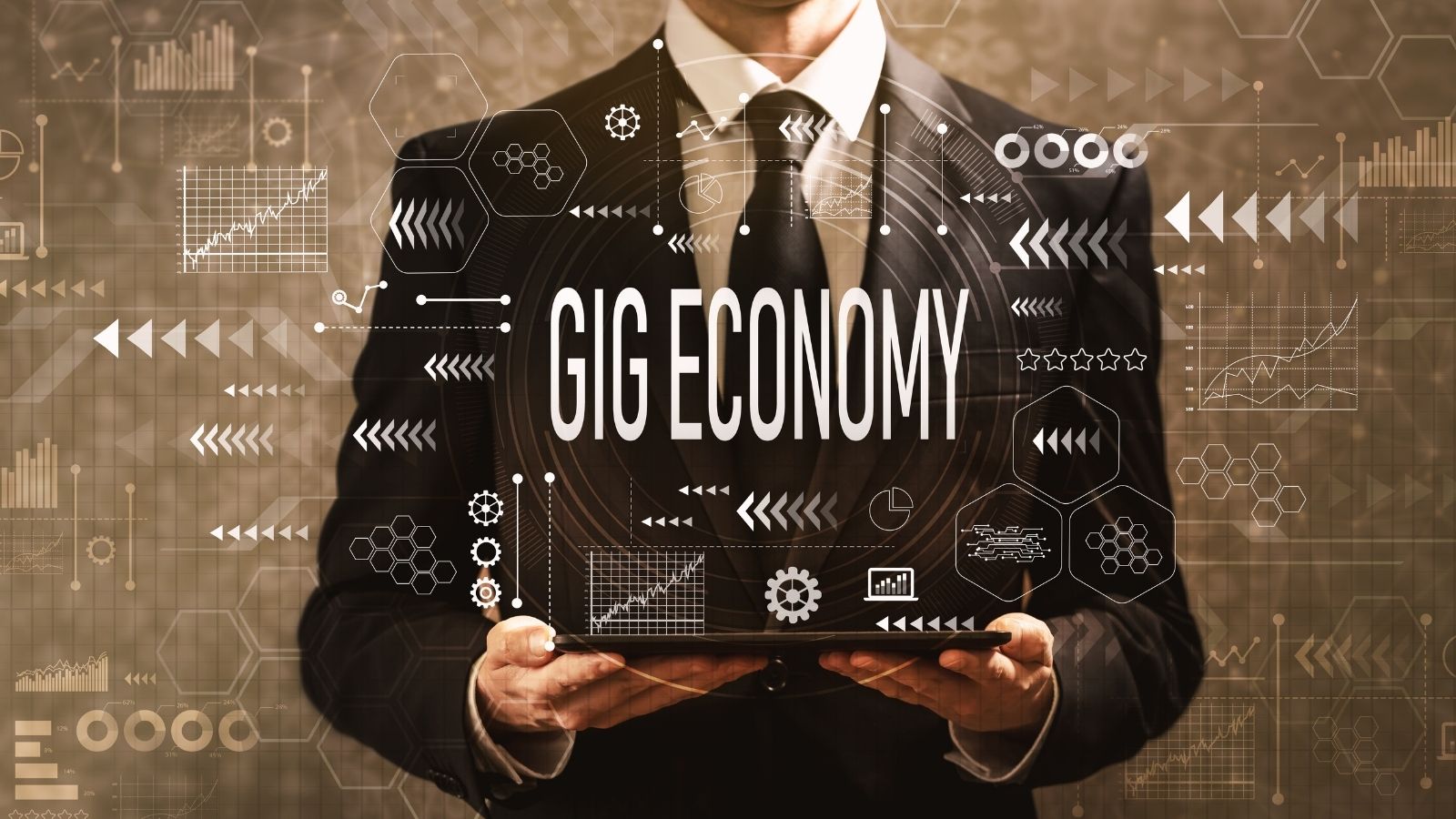
Informal and gig work are expanding at an astonishing rate as people look for alternative income sources. From reselling goods online to freelancing, more individuals are turning to side hustles that operate outside of traditional employment structures, making it harder for governments to track and tax income streams.
Decreasing Consumer Brand Loyalty
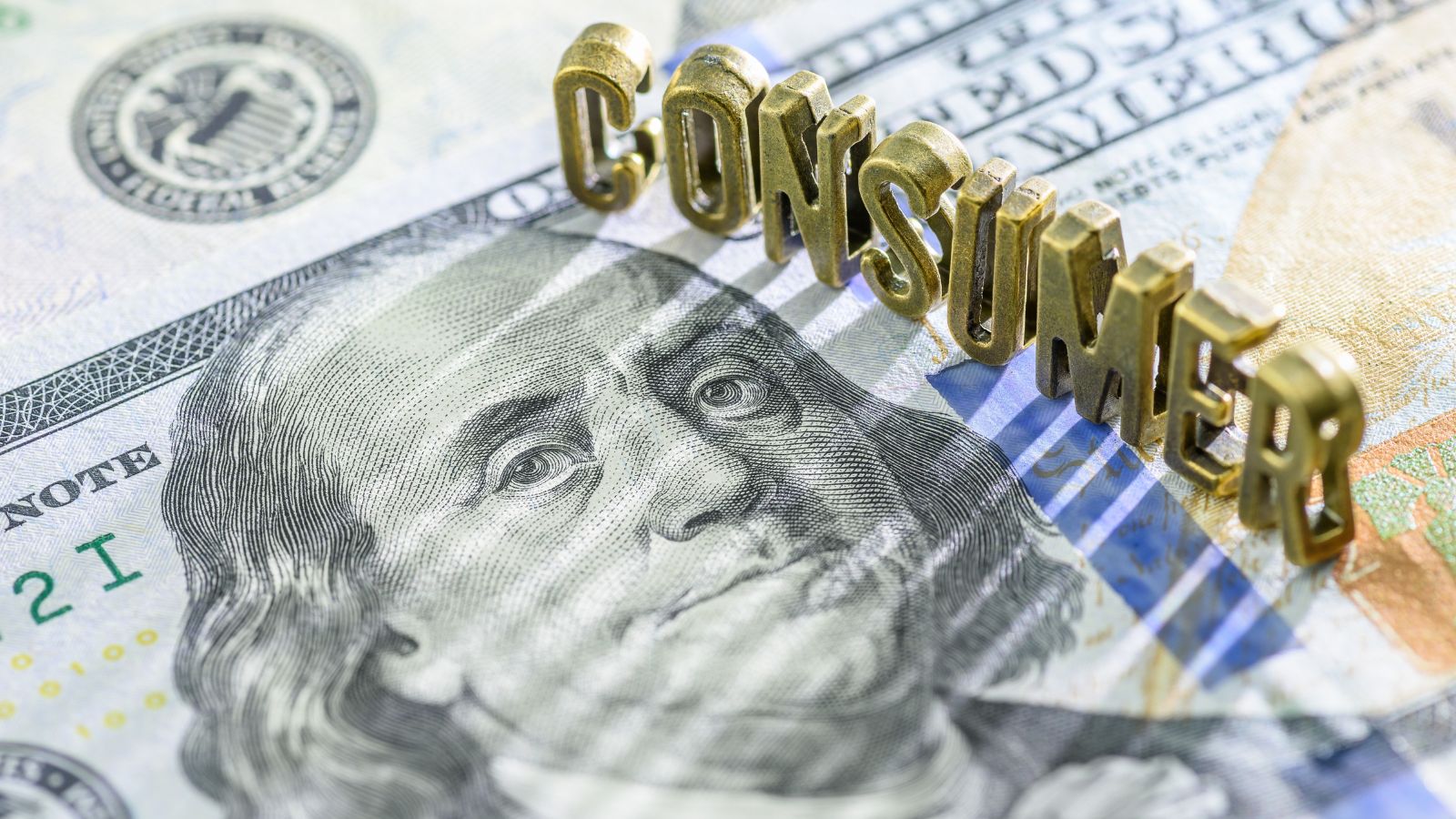
Economic pressures are driving consumers to prioritize affordability over brand loyalty. Legacy companies are being forced to reconsider their pricing and marketing tactics in order to remain competitive as consumers choose store-brand or generic items over name-brand ones.
A Record-Breaking Student Loan Crisis

Student loan debt remains a significant economic burden. As interest rates rise and repayment terms tighten, younger generations are increasingly forced to postpone key life decisions, such as buying homes and starting families, thereby influencing broader economic patterns.
The Return of Stagflation
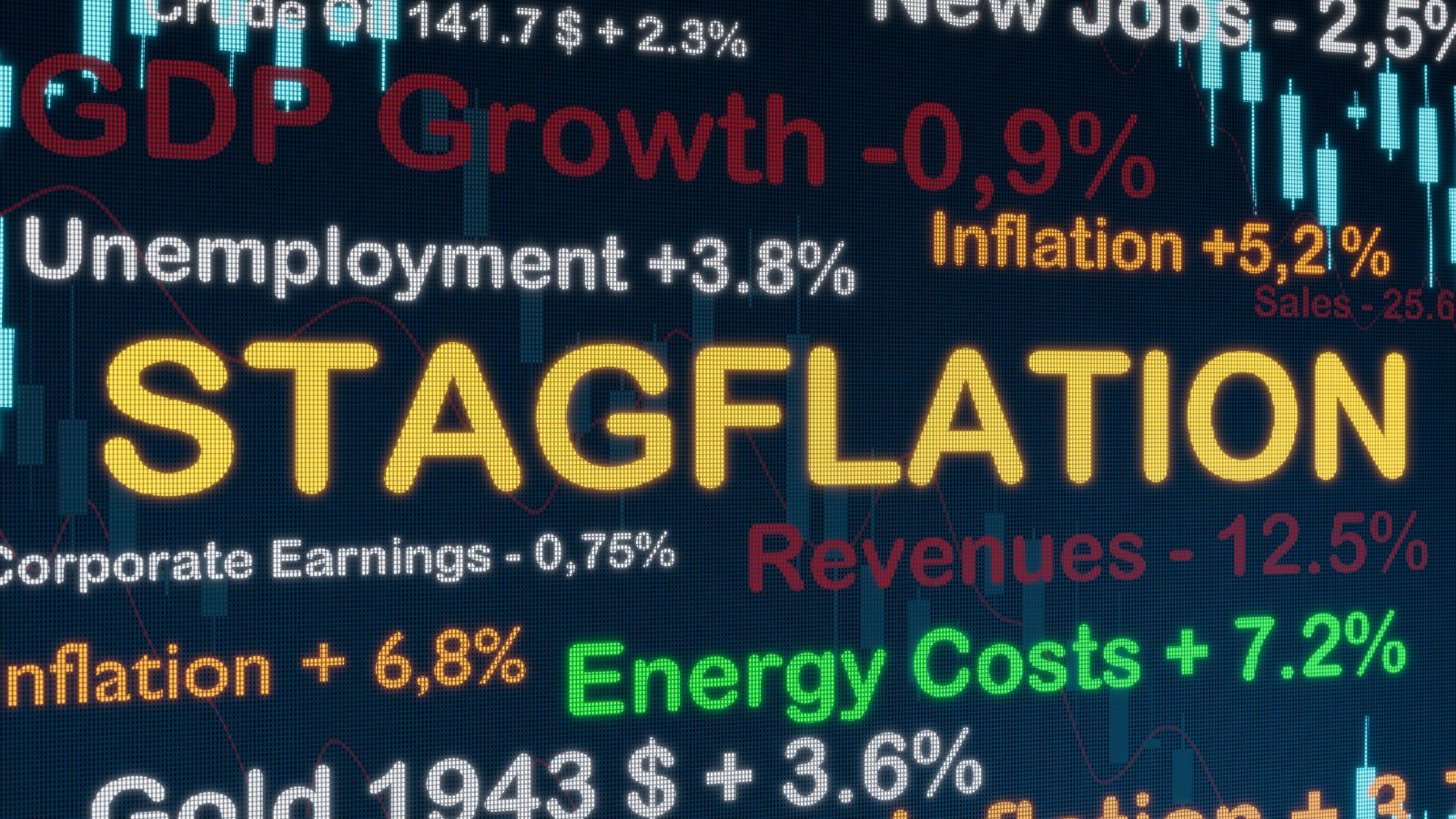
For the first time in decades, the global economy is grappling with stagnant growth combined with persistent inflation. This combination is making it harder for central banks to balance economic policies, leading to increased financial strain on businesses and consumers alike.
The Subscription Economy Boom

Consumers are increasingly shifting away from one-time purchases in favor of subscription services. From streaming platforms to meal kits and software access, recurring payments are becoming the norm. While this model offers convenience, it also contributes to financial strain as costs accumulate.
The Energy Market’s Volatility
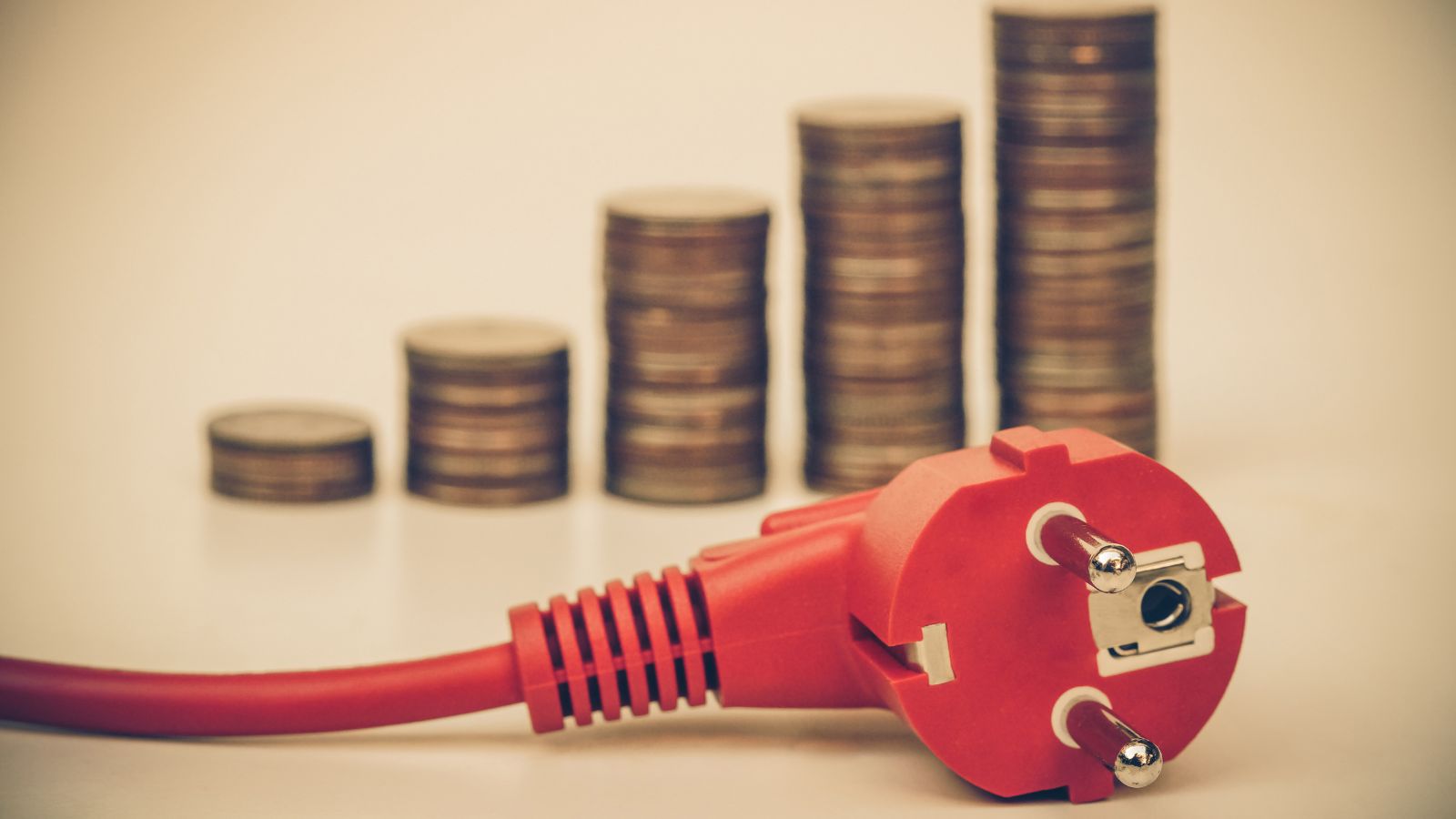
Energy prices have been unpredictable due to geopolitical tensions and supply chain disruptions. Although nations are making significant investments in renewable energy, the pace of this transformation is gradual, which causes fluctuating fuel prices and unforeseen expenses for consumers and businesses.
The Rise of the “Experience Economy

Despite economic uncertainty, consumers are prioritizing spending on experiences over material goods. Travel, entertainment, and live events are seeing a resurgence as people value personal fulfillment and social engagement more than ever before.
The Quiet Decline of the U.S. Dollar’s Global Dominance
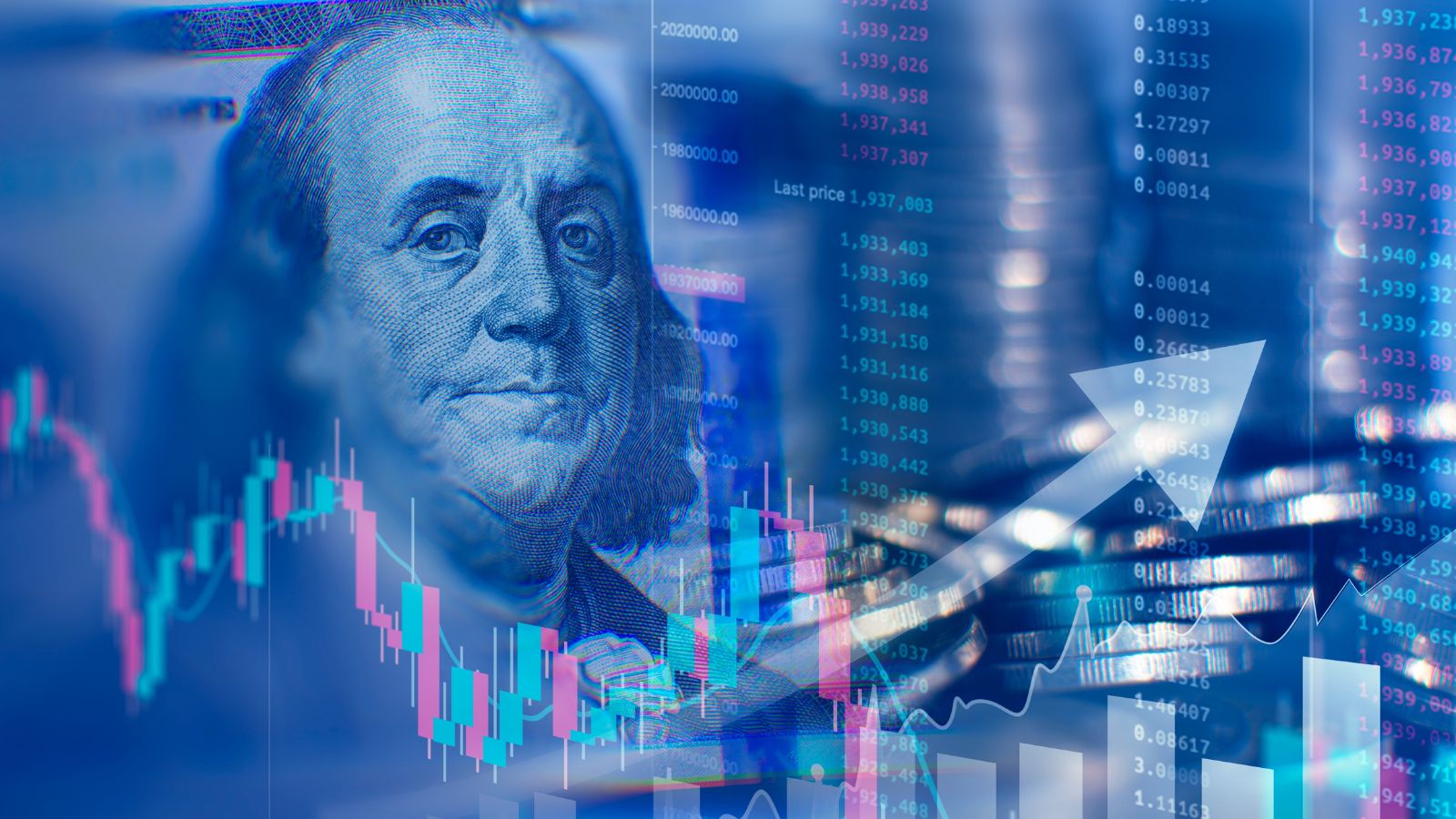
Several nations are exploring alternatives to the U.S. dollar for international trade, leading to a slow but significant shift in global financial power. The increased use of regional currencies and digital assets is challenging the dollar’s long-standing role as the world’s reserve currency.
Growing Economic Nationalism

Countries are becoming more protective of their domestic industries, imposing tariffs and trade restrictions to reduce reliance on foreign economies. This trend is disrupting global supply chains and reshaping international trade agreements.
The Erosion of Middle-Class Wealth
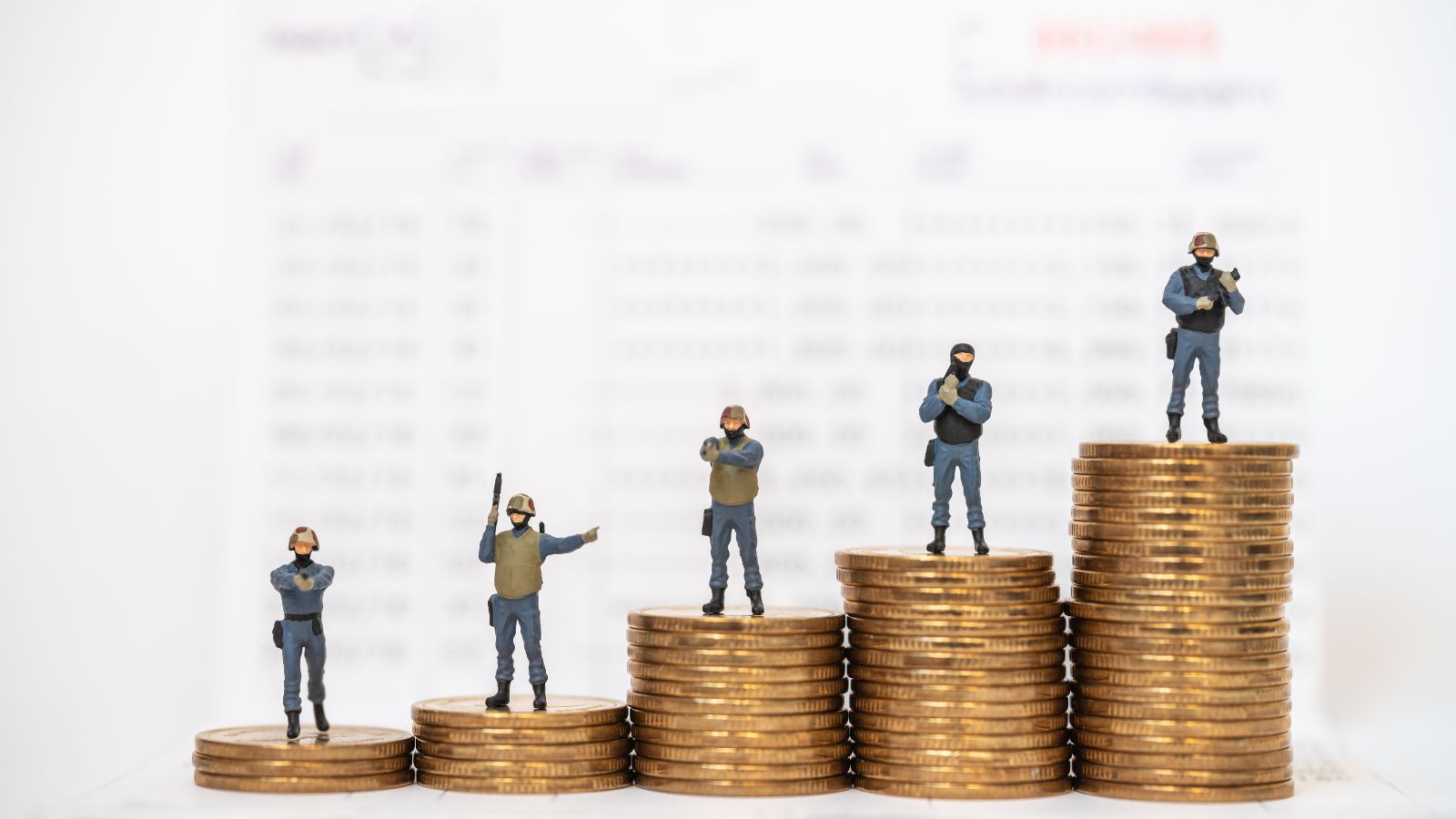
The wealth gap continues to widen, with the middle class bearing the brunt of rising living costs. Families are finding it more difficult to maintain their level of life as a result of the economic squeeze caused by wages that are unable to keep up with inflation.
The Disappearance of Traditional Retirement

Many workers are realizing they will need to work longer than expected due to insufficient savings and rising costs. Pension plans are becoming rarer, and retirees are increasingly relying on gig work or passive income to supplement their financial needs.
The Agricultural Sector’s Transformation

Climate change and technological advancements are reshaping farming practices. Vertical farming, lab-grown meats, and AI-driven agricultural management are emerging as solutions to food shortages and sustainability concerns, but traditional farmers are struggling to adapt.
The Increasing Importance of Cybersecurity

The growing prevalence of digital financial transactions has led to a significant surge in cybercrime. Consequently, banks, businesses, and individuals are making substantial investments in cybersecurity to safeguard their assets against fraud, hacking, and data breaches.
The Silent Shift in Higher Education

The traditional four-year college model is under pressure as students seek alternative educational paths. The rise in popularity of online education, trade schools, and apprenticeship programs is changing career paths and workforce development.
The Influence of Gen Z’s Spending Habits
G

en Z is entering the workforce with different financial priorities than previous generations. They prioritize sustainability, ethical consumption, and financial independence, influencing market trends and forcing companies to adapt to new consumer expectations.
20 Reasons Why Wealthy Investors Are Looking At The Caribbean

The Caribbean has long been known for its stunning landscapes and vibrant culture, but in recent years, it has also become an attractive destination for wealthy investors. The region offers numerous financial, economic, and lifestyle advantages that appeal to high-net-worth individuals seeking opportunities. Here are 20 reasons why the Caribbean has captured the attention of the global investment community.
20 Reasons Why Wealthy Investors Are Looking At The Caribbean
